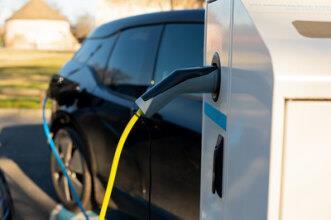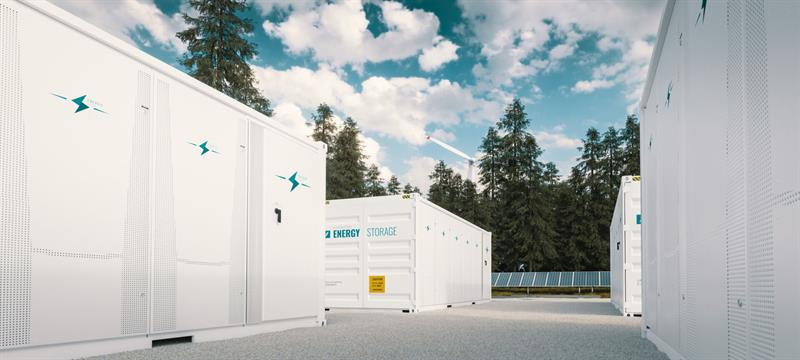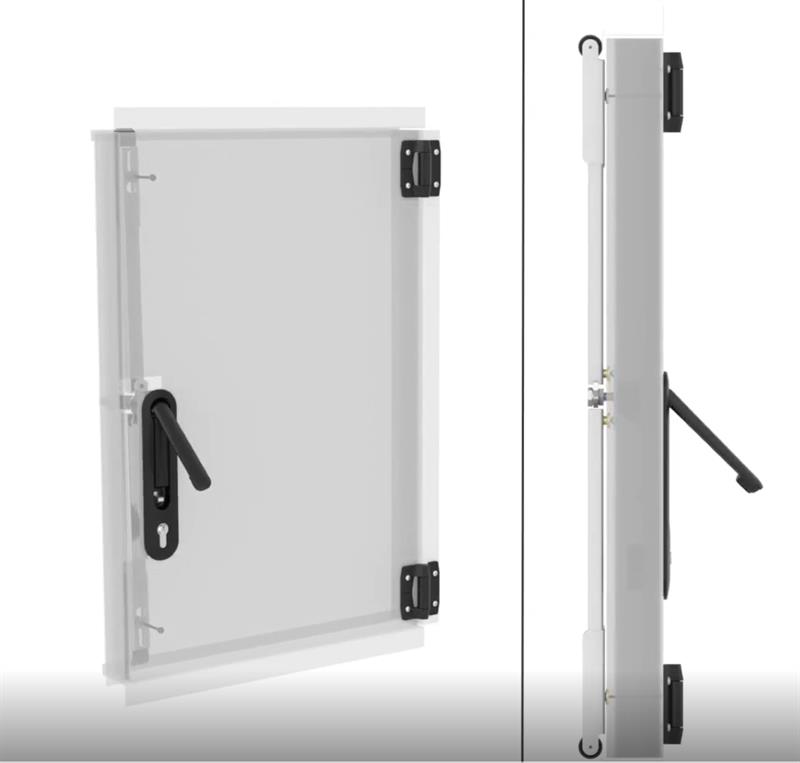By: James Stroud - Manager of Product Development Southco
EV charging locations with multiple charging dispensers will have a separate substation that connects the chargers to the grid and helps manage power flow. These units contain a significant amount of valuable power electronics and digital control hardware. They are housed and protected with hardened enclosures similar to the ones used by telecommunications and electric utility companies.
These enclosures have multiple access panels for technician servicing and maintenance activities. The combination of public location and valuable electronics creates a critical need to fully secure these systems against theft, vandalism, and the elements.

To secure charging enclosures, industrial designers can take advantage of new developments in multi-point, rotary, cam, and draw latches. In addition, a range of modular electronic latching and Electronic Access Solutions (EAS) can be used to remotely monitor and manage technician access, further improving the security and protection these vital new industry platforms require.

Access Solutions for Grid Storage Platforms
The security and access requirements for grid storage systems have both similarities and differences when compared with EV charging platforms. Generally speaking, grid storage systems are larger than the EV charging substations — about the size of half a shipping container.
In many cases, these units are grouped together in securely controlled areas, so the risk of theft and vandalism, while present, is not as significant. However, battery enclosures need to be much sturdier and pass stringent fire safety and explosion protection regulations due to the sheer amount of power contained within.
Grid storage enclosures feature multiple access points and panels. They must be hardened against outside weather conditions, so the access panels need to securely and reliably latch when closed. In addition, some access panels must be quite large to accommodate battery component installation and replacing.
Mechanical compression latches created specifically for outdoor applications provide an effective solution for such enclosures. Engineered to seal out dust, water and other contaminants, compression latches are easy to install and operate. To meet this need, some manufacturers offer adjustable compression options that can compensate for variations in access panel thickness and gasket set.
Multipoint latching systems offer these same benefits for larger access panels. A single handle actuates multiple latch points along large doors; so instead of requiring a technician to secure two or three latches before leaving, one actuator secures the whole panel. Multipoint latching systems can be combined with EAS and electronic locks for even more security.
Hinge and Gasket Solutions for Large Enclosures
In addition to a secure latching solution, designers need to also consider additional accessories that will enhance the safety, sealing and functionality of their equipment.
For example, finding the right hinge solution is of utmost importance to ensure secure door retention and ergonomic access. Concealed hinge options offer a clean aesthetic, while removable hinges allow for easier maintenance access in restricted spaces with easy removal of the door. Another important consideration in Enclosure design is
a gasketing solution that provides environmental sealing. Multiple gasket configuration options provide good compression characteristics, seal out dust/moisture, dampen rattle due to vibration, and compensate for surface contour irregularities.
Securing EV Charging Station Systems
EV charging dispensers and substations may have one or more access panels to allow fast, safe access to the enclosed equipment for maintenance and upgrades.
The high-voltage electrical equipment within these units (particularly the substations) poses major risks of injury or death to thieves or vandals. To protect against this risk, enclosure designers need to secure access points with latches engineered to prevent break-ins.
New multi-point and rotary latch models offered by major access hardware manufacturers combine flush mounting and smaller dimensions with highly secure latching. They provide a secure and reliable latching option and rotary latches are designed to be hidden, with no obvious latch point that can attract unwanted attention. Additionally, they provide the right level of compression to keep out rain, ice, and snow. Multi-point latching systems also offer a flush option with a high strength compression force for outdoor applications.
Electronic locks are frequently used in publicly accessible telecommunications and electric utility enclosures, systems similar to energy storage systems. These locks replace mechanical keys with numeric code entry panels, electronic key fobs, and proximity sensors that automatically lock or unlock an access panel when an authorized technician approaches.

Electronic Access Solutions (EAS) platforms provide the most reliable way to secure these enclosures. Most EAS systems have three components: an access control or input device (typically a Bluetooth reader), an electromechanical lock, and a management system that monitors and controls virtual access keys.
Technicians who need to open the EV substation will have a smartphone app and use it to supply a virtual credential to unlock the panel and service the equipment. All these activities — providing the specific digital key and tracking its use — can be monitored and managed remotely via cloud-based platforms.